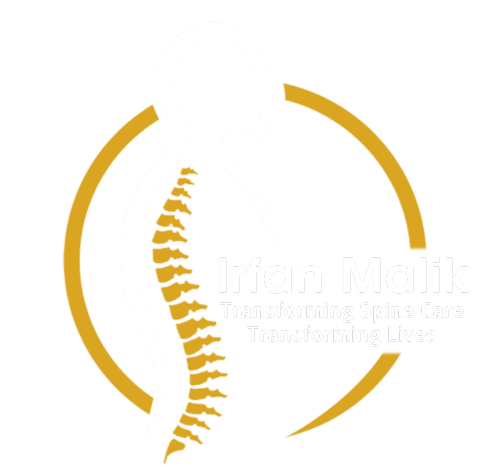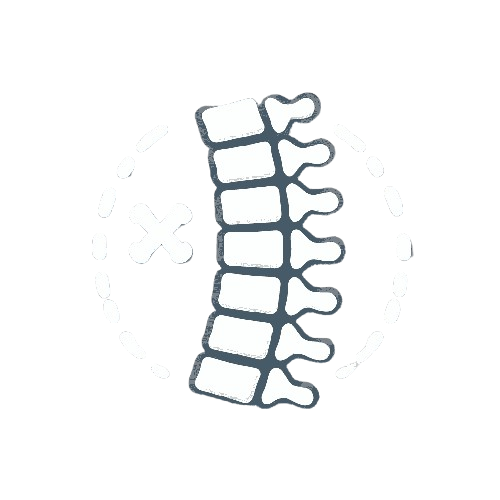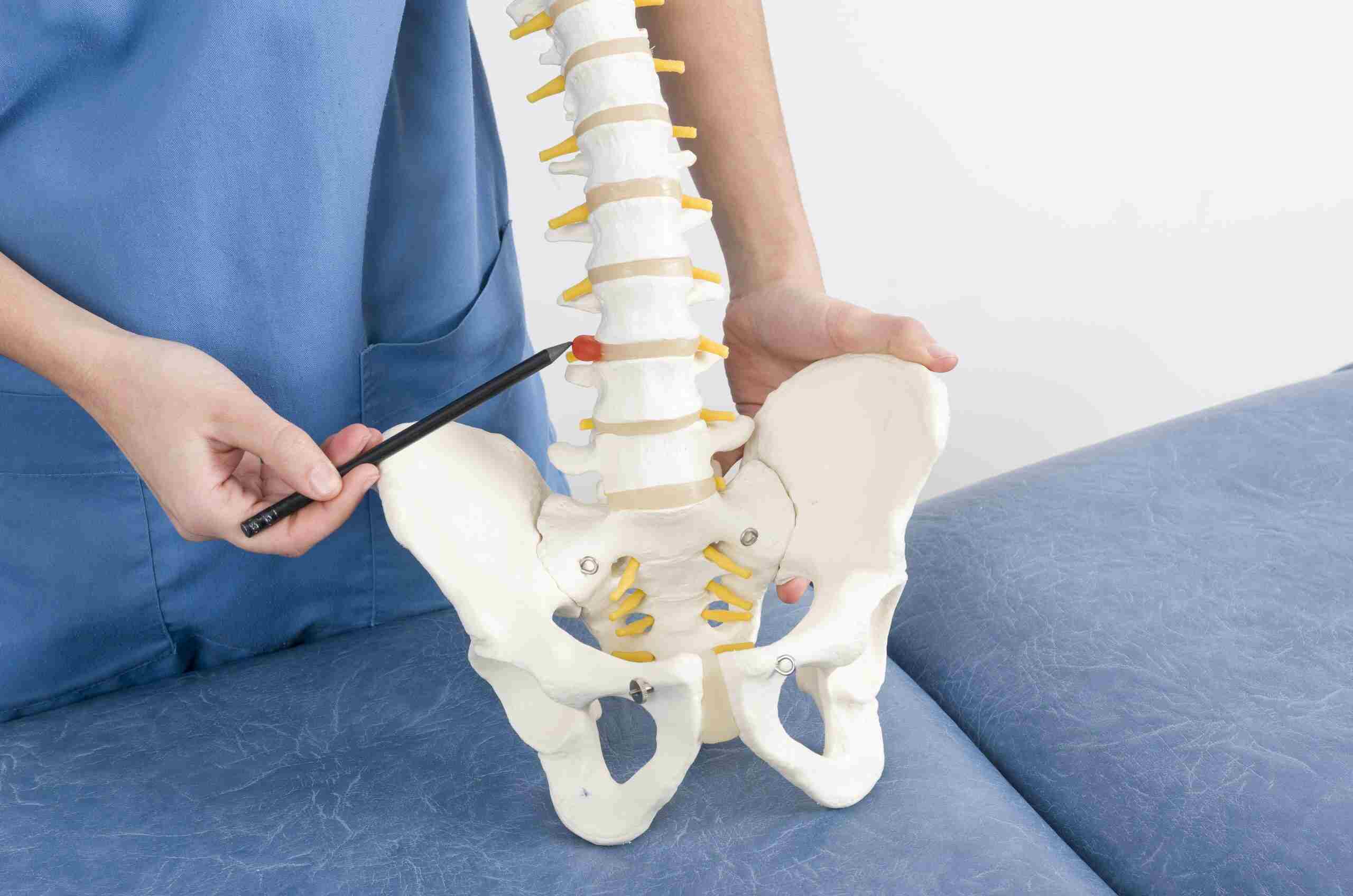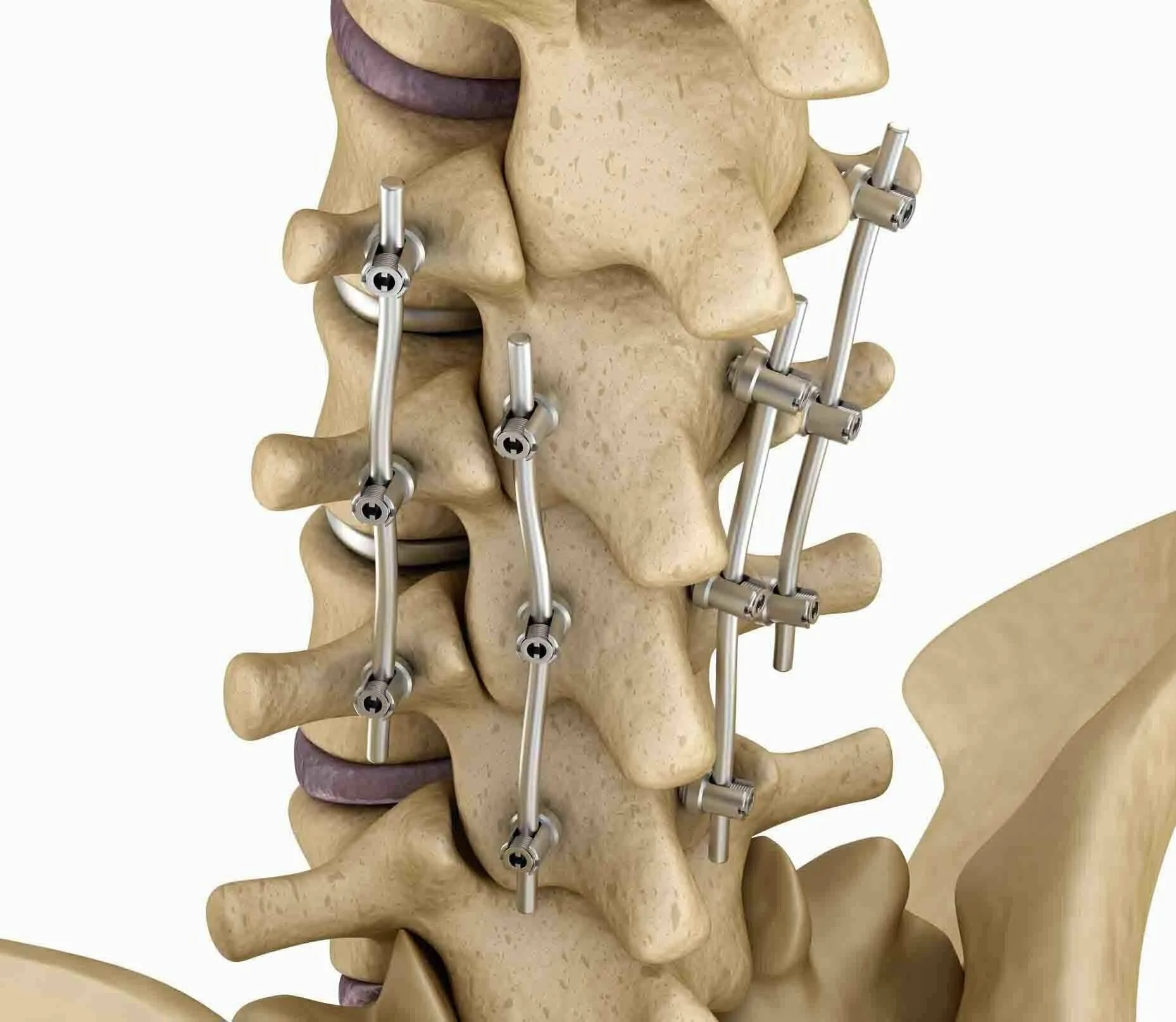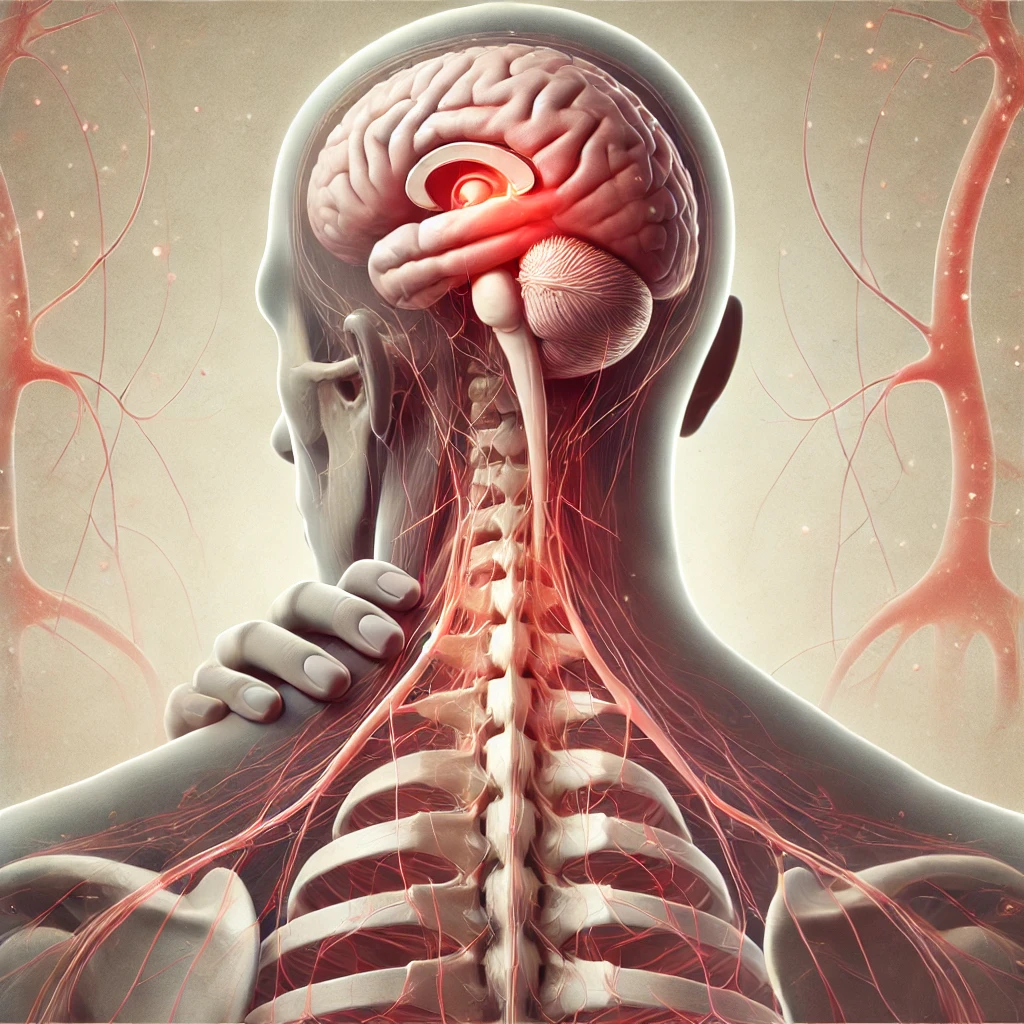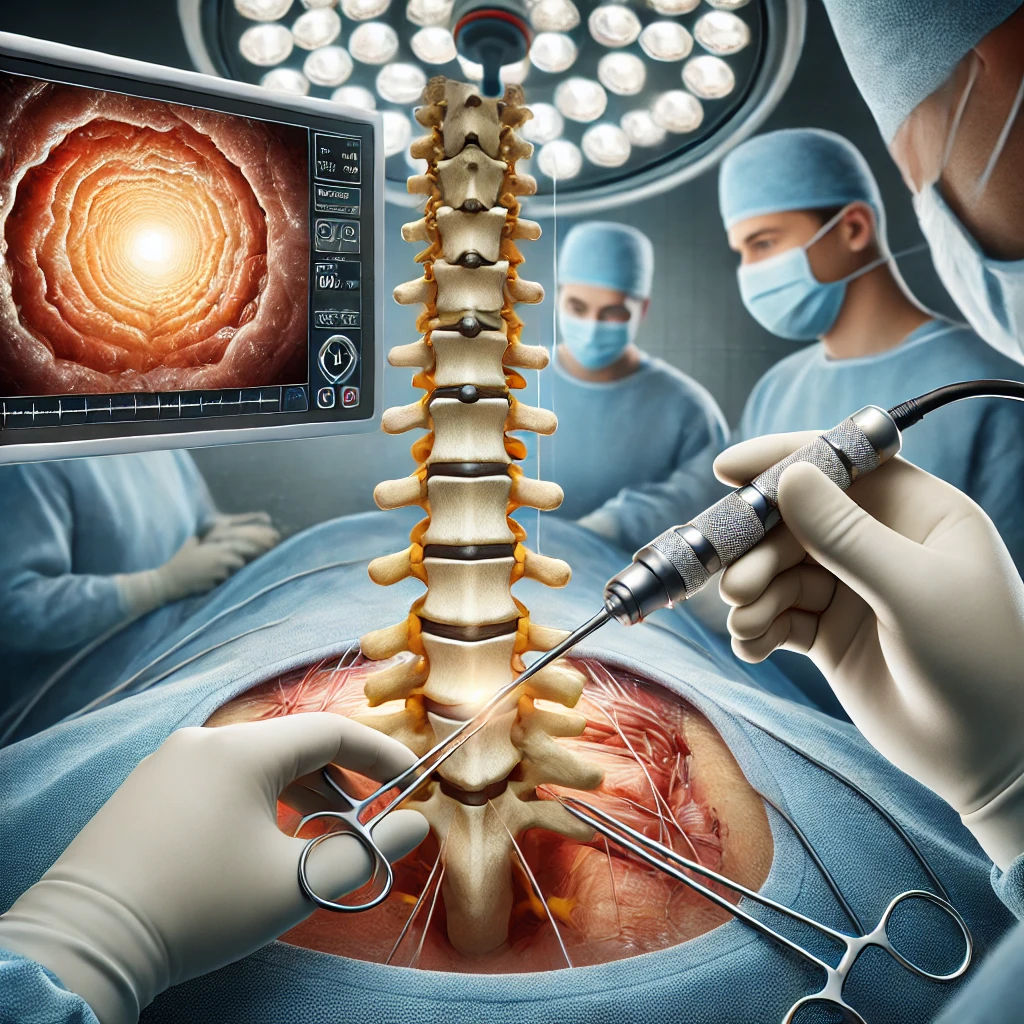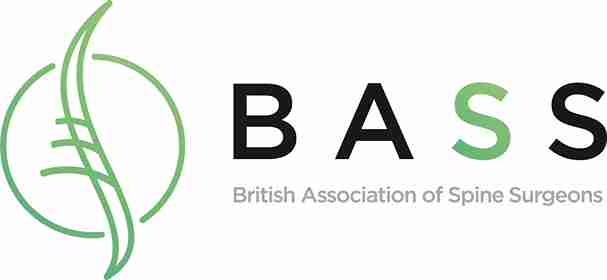Overview
Revision lumbar spine surgery refers to a follow-up surgical procedure performed to correct or improve the outcome of a previous lumbar spine surgery. This type of surgery may be necessary if the initial procedure failed to relieve symptoms, caused new issues, or if complications developed post-operatively. Revision lumbar surgery is generally more complex than primary lumbar spine surgery, as it often requires addressing scar tissue, altered anatomy, and other challenges from previous procedures. Mr. Irfan Malik, an experienced neurosurgeon specializing in spine conditions, is highly skilled in performing revision lumbar spine surgeries with precision and expertise.
